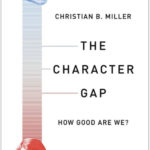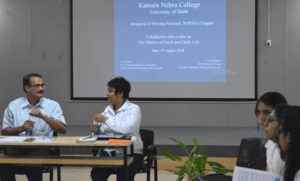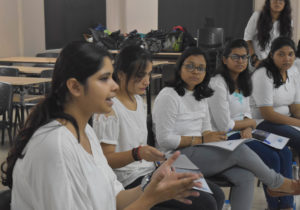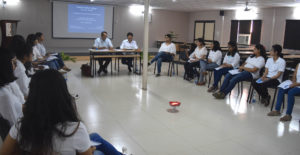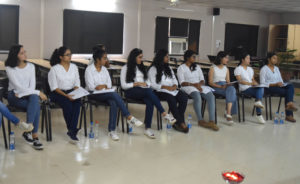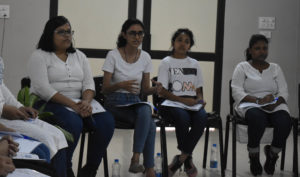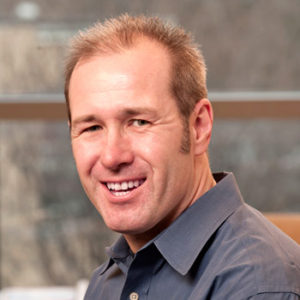
Dr. Irwin is Herve A. LeBlanc Distinguished Service Professor and Chair of Philosophy at King’s College in Wilkes-Barre, Pennsylvania. He is also the author of The Free Market Existentialist (2015) and of Little Siddartha (2018). In addition, he is also the editor of numerous books on philosophy and popular culture, including: Seinfeld and Philosophy (1999), The Simpsons and Philosophy (2001), and The Matrix and Philosophy (2002). He was editor of these books and then General Editor of the Popular Culture and Philosophy Series through Open Court Publishing. In 2006, Irwin left Open Court to become the General Editor of The Blackwell Philosophy and Pop Culture Series, which includes Metallica and Philosophy (2007) and Black Sabbath and Philosophy (2012), among other volumes.
Listen for our “You Tell Me!” questions and for some jokes in one of our concluding segments, called “Philosophunnies.” Reach out to us on Facebook @PhilosophyBakesBread and on Twitter @PhilosophyBB; email us at philosophybakesbread@gmail.com; or call and record a voicemail that we play on the show, at 859.257.1849. Philosophy Bakes Bread is a production of the Society of Philosophers in America (SOPHIA). Check us out online at PhilosophyBakesBread.com and check out SOPHIA at PhilosophersInAmerica.com.
(1 hr)
Click here for a list of all the episodes of Philosophy Bakes Bread.
Subscribe to the podcast!
We’re on iTunes and Google Play, and we’ve got a regular RSS feed too!
Notes
- William Irwin’s God Is a Question, Not an Answer (Lanham, MD: Rowman and Littlefield Publishers, 2019).
- Kamel Daoud, The Mersault Investigation (New York: Other Press, 2015).
- Albert Camus, The Stranger (New York: Knopf, 1993).
- William Irwin, Little Siddhartha: A Sequel (Brunswick, ME: Shanti Arts Publishing, 2018).
- Richard Rorty, “Human Rights, Rationality, and Sentimentality,” in Stephen Shute, ed. On Human Rights: Oxford Amnesty Lectures (New York: Basic Books, 1994), 111-134.
- Bill’s philosophunny reference: Saturday Night Live’s “NPR Delicious Dish: Schweddy Balls,” Season 24, 1998:
You Tell Me!
For our future “You Tell Me!” segments, Bill asked the following question in this episode:
“What’s the last big issue that you could admit that you were wrong about?”
Let us know what you think! Via Twitter, Facebook, Email, or by commenting here below.


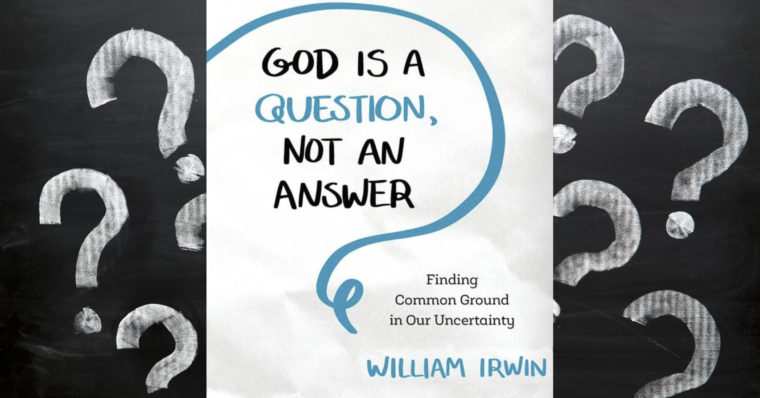




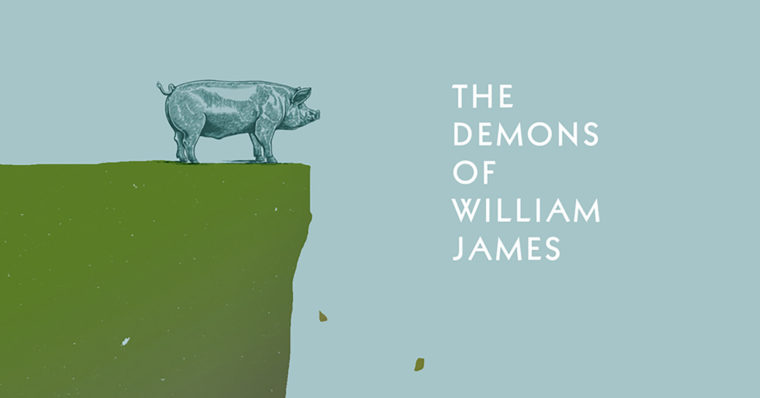




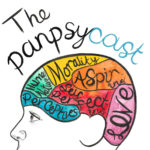
 Young Jack Symes photo. Why? Because the photo is adorable and suffering is a heavy topic 😉
Young Jack Symes photo. Why? Because the photo is adorable and suffering is a heavy topic 😉
